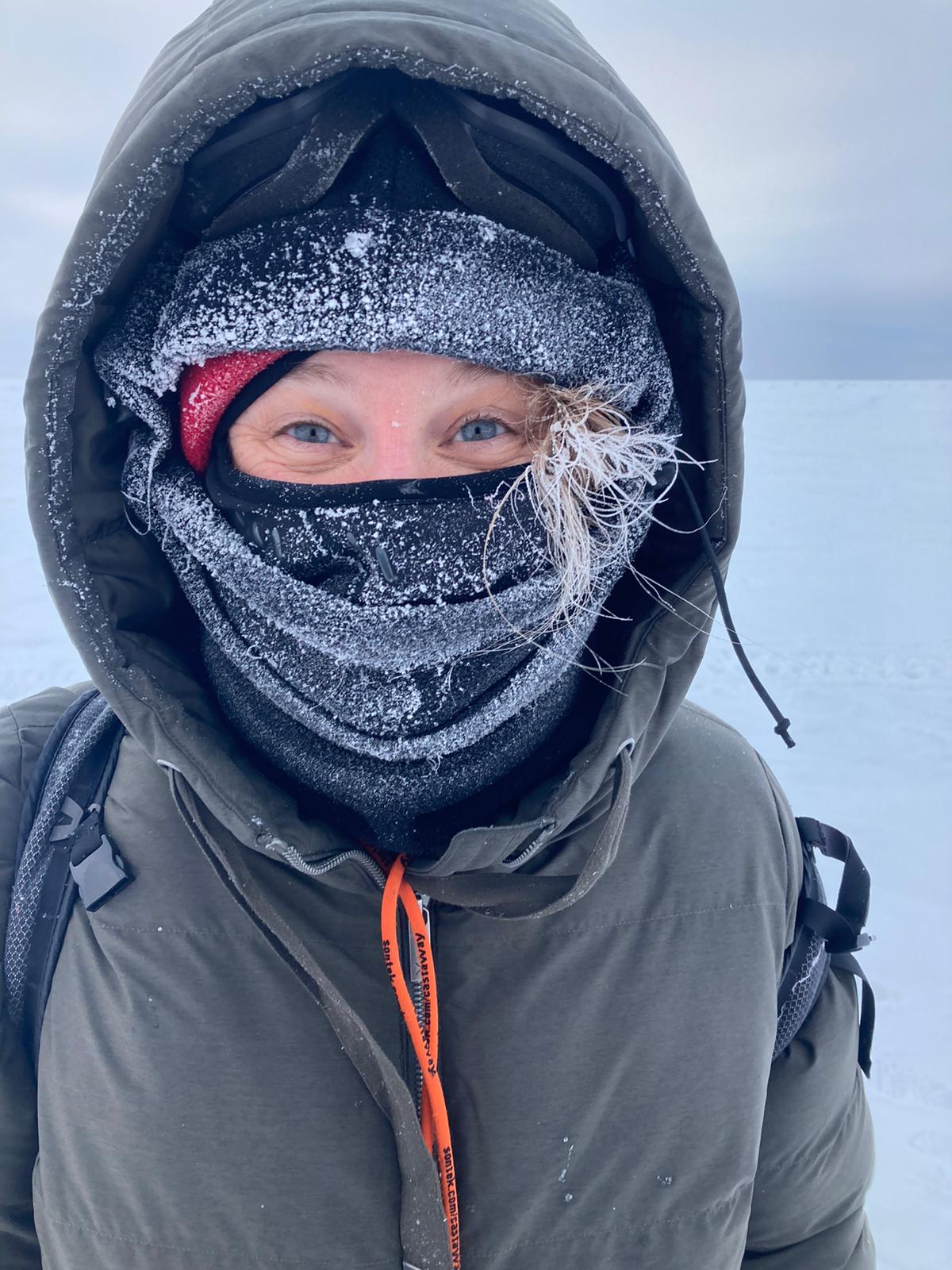
Short biography:
I am a physical oceanographer and climate scientist. My research is focused on ice-ocean interactions, upper-ocean dynamics, and sea ice evolution using a range of tools including state-of-the-art climate models, hydrographic and satellite observations, idealized models, and lab experiments. Much of my work is aimed at investigating how seasonal ice-ocean processes have changed over the past few decades in response to global warming, and how accurately these changes are simulated in climate models. I completed my PhD at Scripps Institution of Oceanography in California, I am currently a postdoc at the University of Manitoba and a soon-to-be Assistant Professor at the University of Toronto.
Abstract:
Climate models, which have been analyzed extensively to assess and predict current and future climate change and to inform policy, struggle to accurately simulate the rapid decline in Arctic sea ice. One possible source of this bias could be related to the vertical distribution of salt in the ocean, which controls the exchange of heat between the surface and deeper ocean. We compare simulations from two climate models to ocean observations collected below sea ice in the Canada Basin. In 1975, observations were collected by scientists living in ice camps, and in 2006–2012, they were obtained by automated instruments attached to sea ice. The observations indicate as much as six times greater surface freshening than the models between 1975 and 2006–2012. We show that the salt bias can be partly attributed to the models' tendency to mix fresh water from the surface deeper than in observations, resulting in a saltier ocean surface. The results may provide insight for climate model improvement that could have wide-reaching implications because the vertical distribution of salt in the ocean directly impacts the vertical transport of heat and nutrients.
Arranged date for the seminar talk: May 09, 2022. BCCR lecture room 4020, Jahnebakken 5 at 14:15
